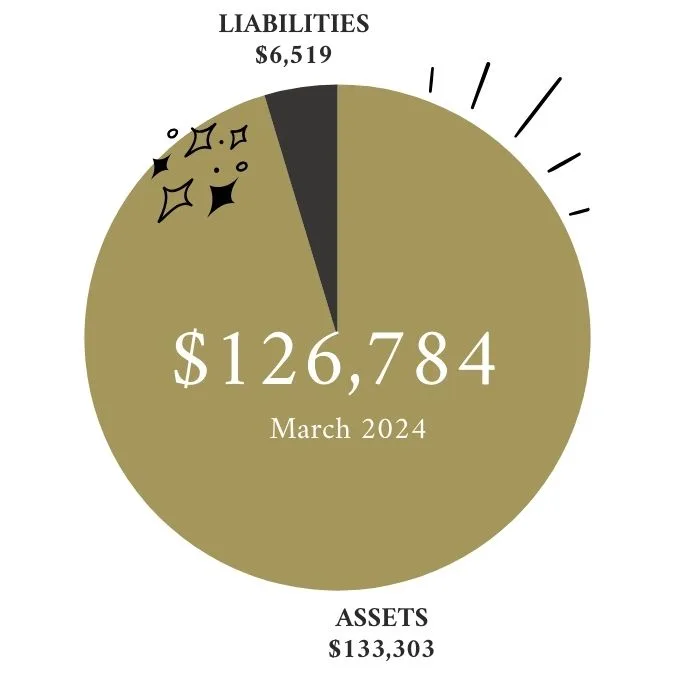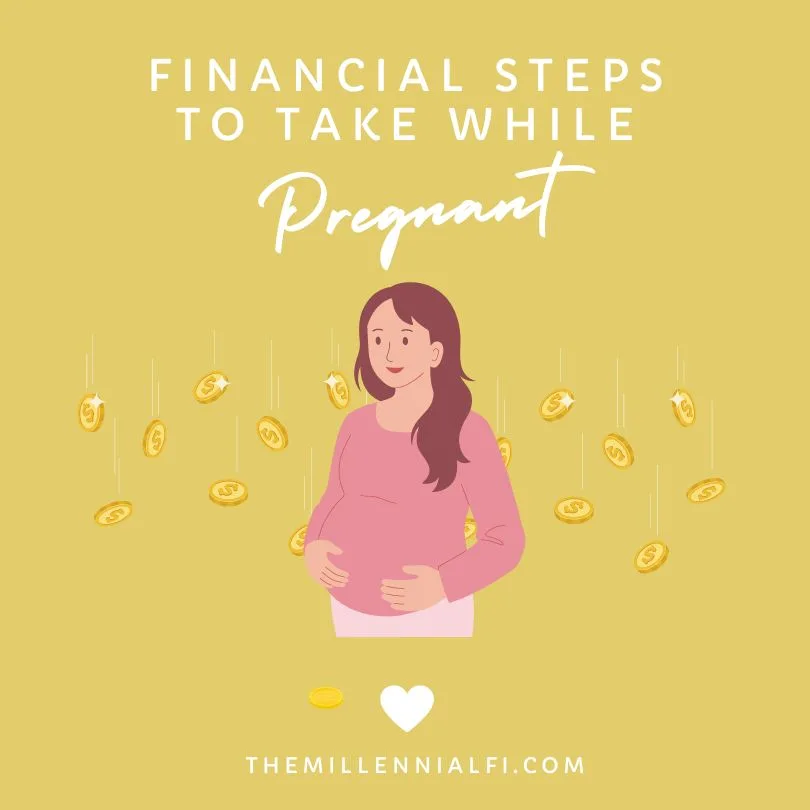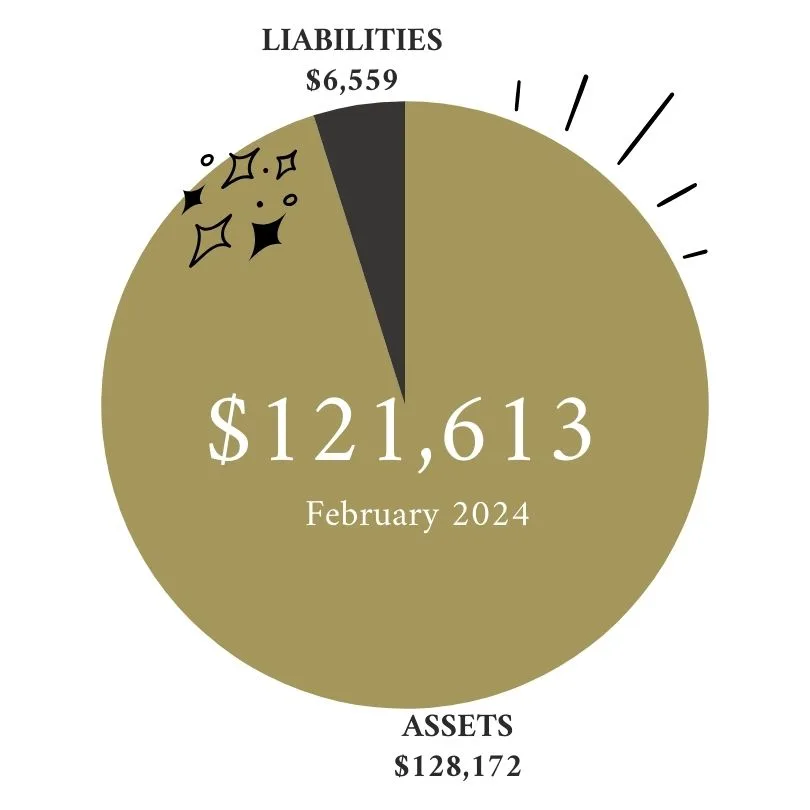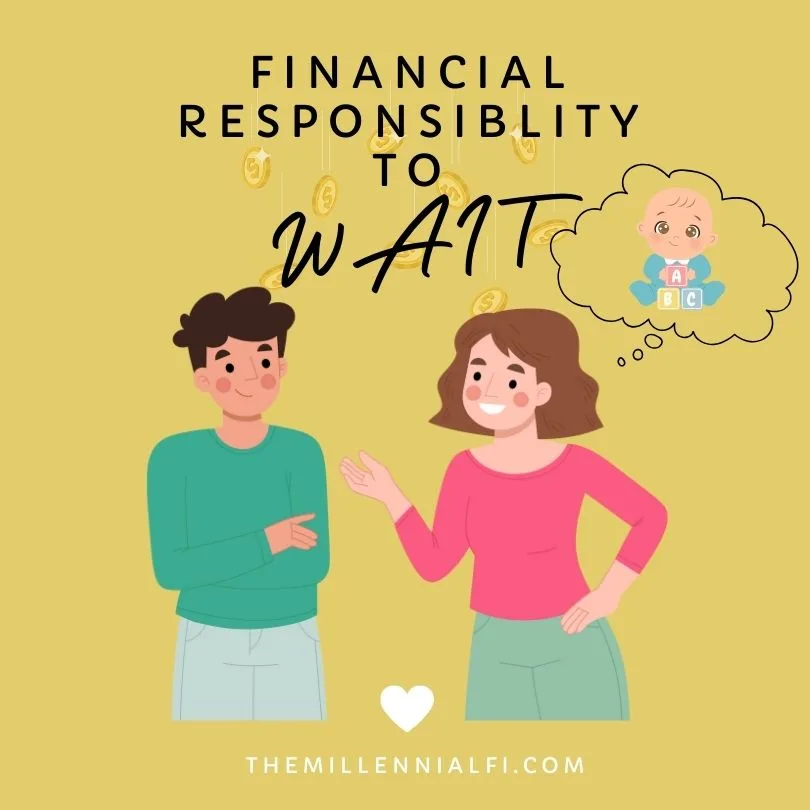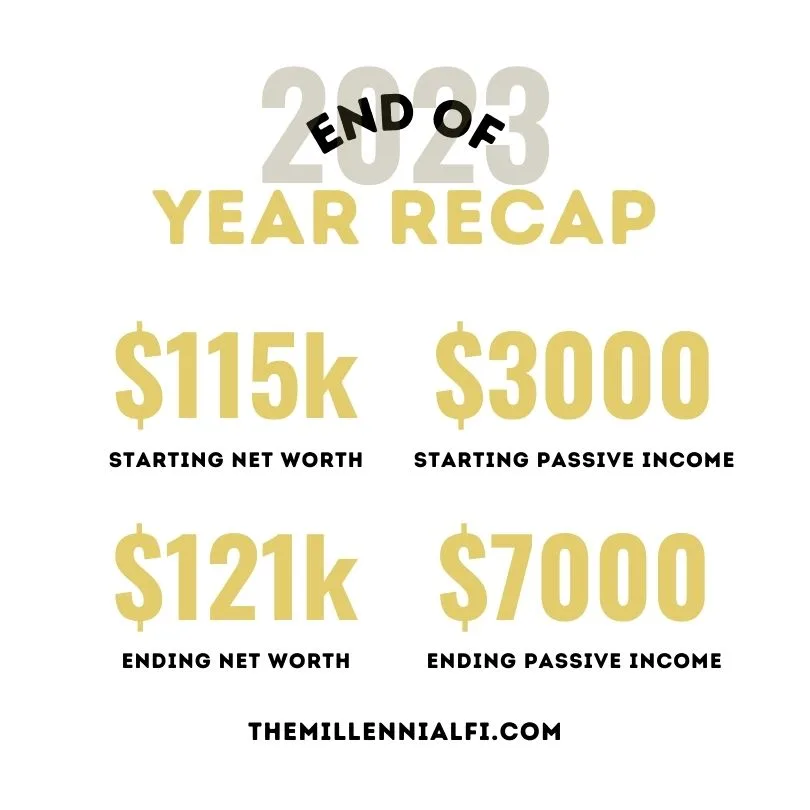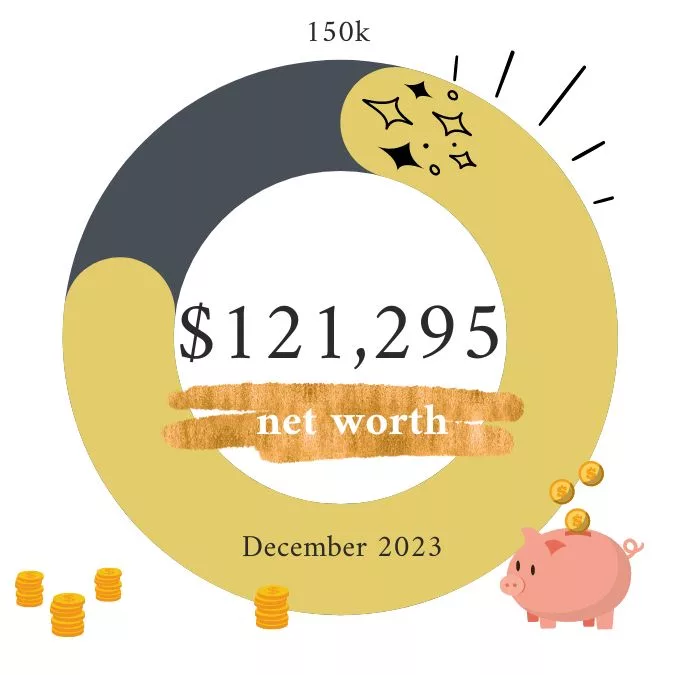As a society, we’re often taught to accept ourselves; the good and the bad. We’re taught that money signifies status and that being a consumer is our main purpose for existence (or at least one of them). This is total BS.
Accepting bad spending habits we learned from our parents, friends, and society is not a box for us to check off. If you ever took an economics class the teacher may have given the advice “think like a normal consumer”. The thing is, normal consumers are absolutely not who we want to think like if we want to increase financial wellbeing. My econ teachers loved me.
Do any of these sound familiar?
- Buy Starbucks or coffee everyday or multiple times per week
- Eating out is a way of life
- Upgraded to the newest phone/camera/game console when the old one worked just fine
- Have never owned a car longer than 7 years or own more than one car
- Believe renting is ALWAYS cheaper than owning
- Bought a home in the “stretch budget” range
- Carry a balance greater than 7% across credit cards
- Clothing is a monthly expense
- Grocery is greater than $200/month per person
- Can’t wait for those Nike’s to arrive tomorrow
- Habitually sign up for subscription boxes
- Pay for television service
- Phone bill is more than $50/month
- HAVE to buy just one more thing
All of those things are what we’re taught to do. These habits may be exactly what is holding us back from achieving greater financial health.
But first, let’s define financial health.
Here at The MillennialFI, we understand the term “financial success” triggers stress reactions and inadequacy tendencies. No, financial health is something everyone – no matter where they live can relate to. There is no set number to quantify financial health, instead it is an amount that fits your unique life situation. The point of financial health isn’t to aim for the highest income bracket but to reach a level of financial independence that you’re able to mitigate life risks and can weather economic storms.
Myth: money can’t buy happiness. – this is both right and wrong.
As someone who worked their way up from homelessness with no income to who graduated university and worked my way to home ownership. Money may never be able to buy truly meaningful relationships but it sure as hell can buy wellbeing, health, and safety!
The thing is money can only buy so much happiness.
In fact, a study by Purdue University actually found that $95,000 is the cap for living elevation and about $65,000 for emotional wellbeing (Check it out). That means that for every dollar earned after those points, our happiness doesn’t increase by much, if at all.
While I am most definitely a LONG way away from achieving the lower range of $60,000; I have experienced how much of an impact going from $0 to $15,000 has on a person. Happiness is more than an emotion, it’s directly related to one’s wellbeing.
We don’t need to earn $65,000 plus to be happy or gain financial health. We just need to be mindful of our income and expenses and most importantly stop spending like a “normal rational consumer”. The moment we switch from wants to needs, is the moment we’re freed from a great portion of capitalism’s burden.
I know this is opposite the way most people live but it works.
My Dad thought I was full of **** too until I pointed out that the $250/month TV bill cost him $30,000 over the last decade. If he had invested that amount monthly instead, assuming a 10% interest rate, that 30k would have been roughly 55k.
The necessity lifestyle isn’t for everyone and if it’s not for you, that’s totally fine. But there are bills and expenses you can cut to help save money. Even something as simple as walking versus the bus can save a decent chunk of change while increasing health and wellbeing! (Yes, I was the person who walked over 70 miles in the 5 day visit to Osaka over fall break because I didn’t want to pay for the trains.)
So how does one gain financial discipline? If we can’t work off sheer will then we need to accept change as a positive thing. Change is often seen as something negative we should avoid. This is often not the case. We need to move past that idea because nothing worth it in life is easy.
Financial discipline is more than just cutting back on spending. It’s about living within your means and knowing when not to give into your wants. It’s how well you control your spending and saving to meet your life goals.
Things you can do to gain greater financial discipline:
- Recognize and break bad spending habits. Just because it’s always been done, doesn’t mean it always will.
- Recognize spending triggers. Did you have a bad day? Can you actually afford to “treat yourself”?
- Create financial goals with deadlines and make a budget to achieve those goals.
- Control your wants. Delay purchases in favor of research. Don’t use “buy now with one click”.
- Do not shop on an empty stomach or while waiting.
One of the most important things is to take steps towards financial discipline. It’s impossible to suddenly wake up one morning and put a halt to our bad habits. That’s not sustainable. Spending is an outlet and pass time for many Americans, it’s ingrained in our culture. So much so, people of all ages congregate around malls and shopping centers. Replace bad habits gradually by finding other ways to express stress. Instead of going to Target this weekend, why not take a lap or two around the park?
On the subject of financial discipline and wellbeing, I’ll leave you with this life hint: exercise is an excellent tool to help gain control and relieve stress.



